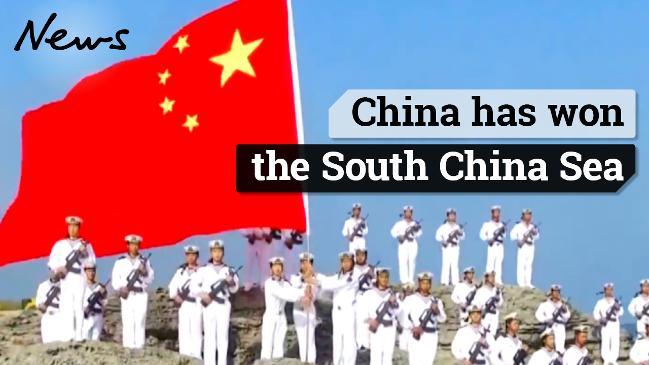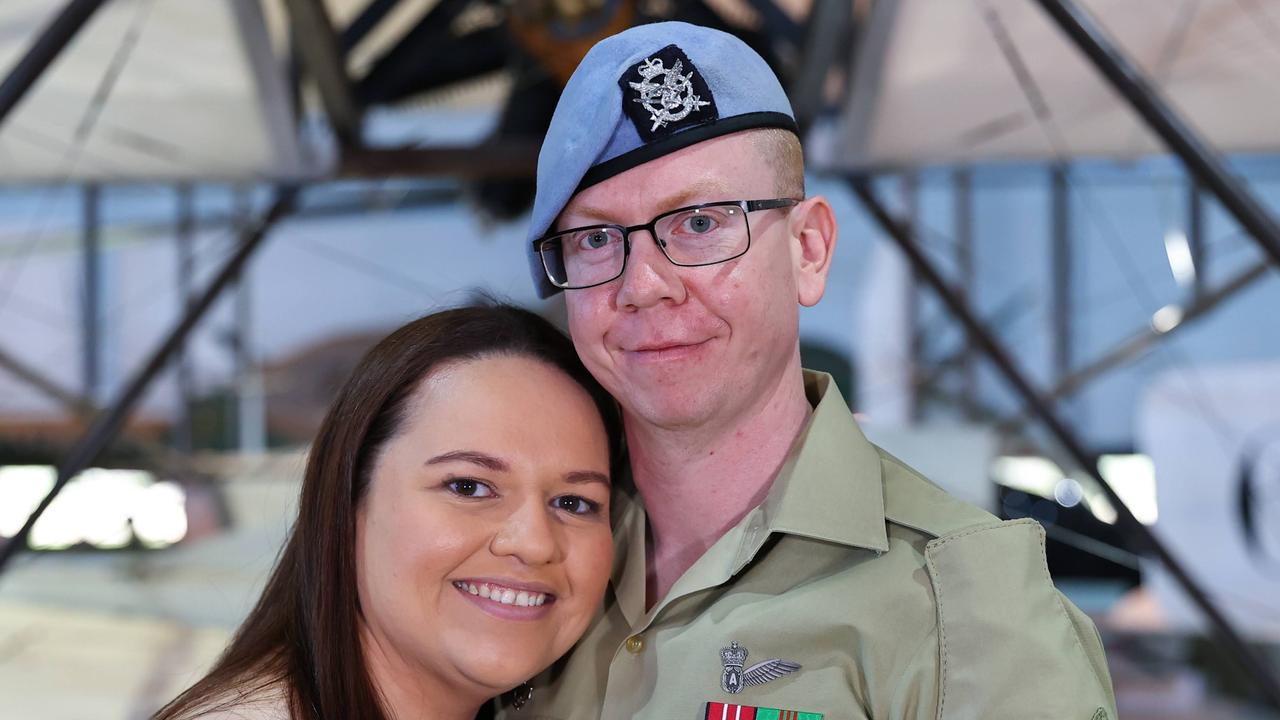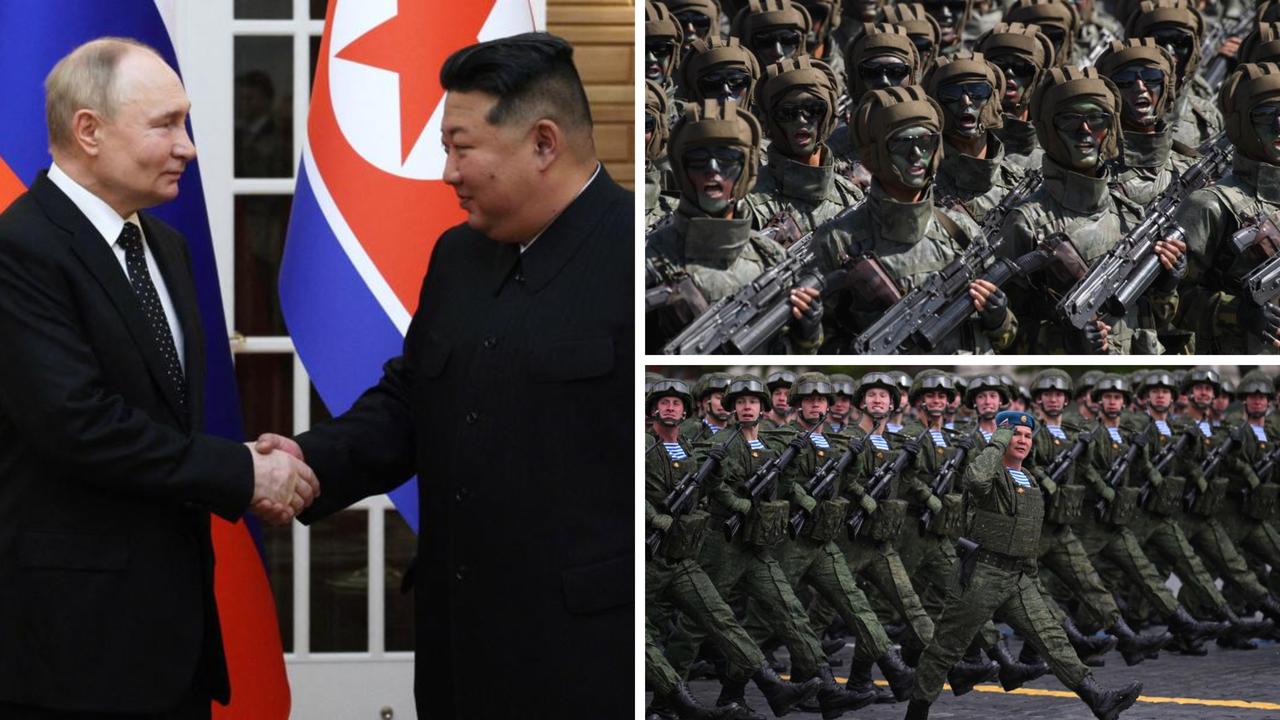Australia eyes PNG military base to curb China’s Pacific influence
A TINY island has suddenly become a flashpoint in the geopolitical battle between Australia and China.

MOST people probably associate Manus Island with being home to refugee camps established as part of Australia’s hardline immigration policies. But there’s much more to the tiny island than meets the eye.
Manus is also a crucial military jewel in the Pacific crown and has been since World War II, when the Americans handpicked it as the location of a major naval base. Now, it’s set to form part of Australia’s long-term strategic military security, with plans to build a military installation there.
The significant move is seen as a way of curbing China’s enormous and growing influence in the region and to future-proof our defences.
Manus, which is part of Papua New Guinea, is one of many recipients of China’s generosity, anb increasing concern for many observers.
The Communist superpower has been splashing billions of dollars in the region, in an attempt to yield power and influence down the track. And as China ramps up its military spending to $224 billion per year and pushes ahead with a $1 trillion project to extend its global influence, Australia is planning to exert some influence of its own.

The Australian government is reportedly planning to build a new naval base there, with Canberra aiming to finalise an agreement on the facility ahead of the Asia-Pacific Economic Cooperation summit in Port Moresby in November.
The Australian reports Australian defence officials visited PNG’s Lombrum Naval Base on Manus to review a potential redevelopment after that country’s Prime Minister Peter O’Neill visited Brisbane in July.
“The Pacific is a very high-priority area of strategic national security interest for Australia,” Prime Minister Scott Morrison said yesterday, refusing to deny the report.
“But I’m not going to comment on speculation on national security issues, that would not be appropriate.”
It comes as Beijing has been showering billions of dollars in infrastructure loans to tiny nations across the Pacific, a region considered strategically important as a maritime gateway to Asia.
Australia has attempted to block this growing influence in part by agreeing to fund underwater internet cables and a cyber security centre for the Solomon Islands, beating a similar bid by Chinese telecom giant Huawei Technologies.

Until Australia stepped in, Huawei had planned to lay the cables for the Pacific archipelago nation, which could ultimately have given the Chinese company access to a broadband hub in Sydney.
Analysts say that would have raised a ‘red flag’ for Australian internet security.
The Australian reports that the government has also moved to block Chinese involvement in another regional military development — the upgrade of Fiji’s Black Rock military camp.
Canberra, which has a history of military co-operation in the Pacific, in conjunction with close ally the United States, has warned of a need to counter China’s influence in the region.
Australia has been critical of Beijing’s Pacific “soft diplomacy”, and announced this year it would negotiate a security treaty with Vanuatu.
The Manus Island naval base plan follows reports China had approached Vanuatu about the possibility of opening a military base there.

As well as suspicion about China’s motives in the Pacific, uncertainty has grown over control of the resource-rich South China Sea.
China claims most of the important region, through which $5 trillion in shipping trade passes annually, despite competing claims from Brunei, Malaysia, the Philippines, Taiwan and Vietnam.
Tensions have been high over the Scarborough Shoal since Beijing seized it from Manila in 2012.
Yesterday, this tension was further stoked when Japan carried out its first military drill in the region — a move that could provoke Beijing.
The anti-submarine drill was conducted to “improve strategic techniques”, Japan’s defence ministry said in a short statement.

China has been ramping up its military spending in recent years. In March, Premier Li Keqiang said China will “advance all aspects of military training and war preparedness, and firmly and resolvedly safeguard national sovereignty, security and development interests”.
Mr Li said the country had “basically completed” the target of reducing the size of the armed forces by 300,000 troops, which would leave the People’s Liberation Army’s strength at around two million troops.
President Xi Jinping has vowed to turn China’s defences into a “world-class” force capable of fighting and winning wars.
After a confronting report in May which revealed Beijing has based illegal military weapons on its artificial islands in the South China Sea, Australian politicians express concern about potential aggressive military tactics.
Foreign Minister Julie Bishop said at the time that reported activity was “concerning”.
“China, of course, has a unique responsibility as a permanent member of the United Nations Security Council to uphold peace and security around the world,” she said.
“Any action, to militarise unilaterally, features in the South China Sea would go against that responsibility and that role.”
— with wires and Gavin Fernando



